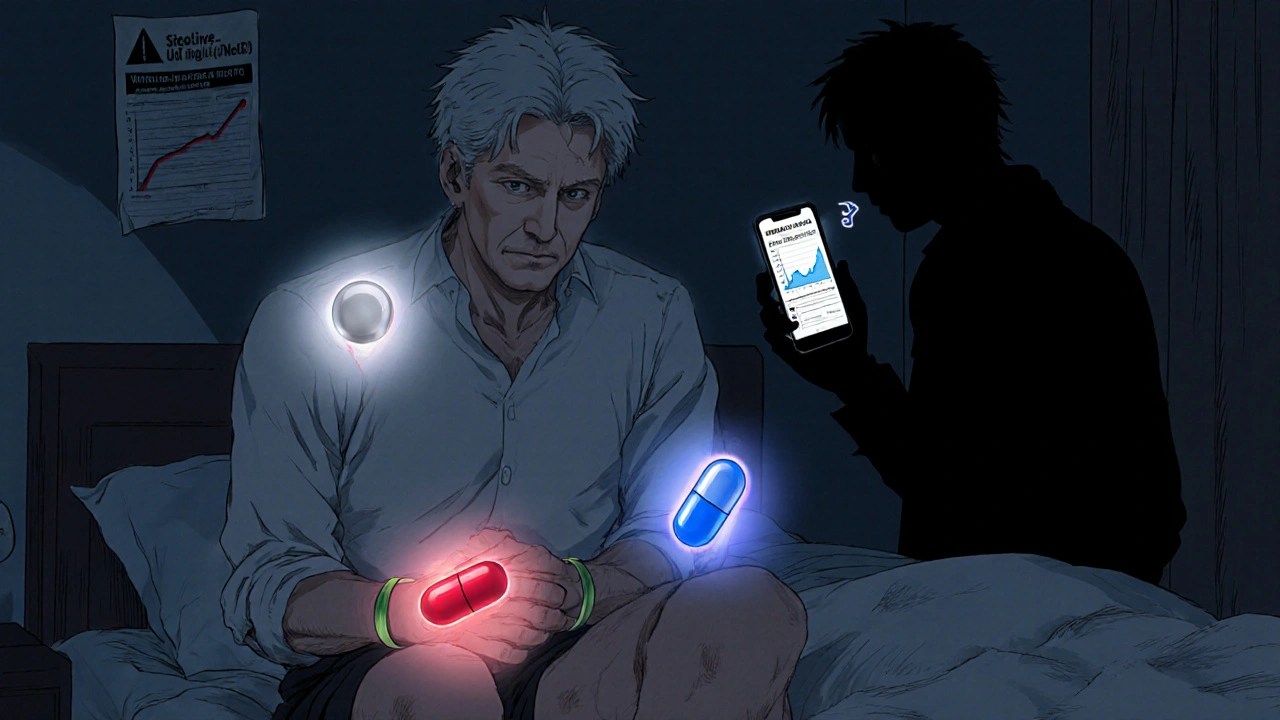Nocebo Effect: How Negative Expectations Can Make You Feel Worse
When you take a sugar pill and still feel sick, it’s not always the medicine—it might be your nocebo effect, the harmful counterpart to the placebo effect, where negative beliefs trigger real physical symptoms. Also known as negative placebo effect, it’s why some people report headaches, nausea, or fatigue after starting a new drug—even when the pill has no active ingredients. This isn’t imagination. Studies show people told a drug might cause dizziness are far more likely to feel dizzy, even if they got a placebo. The brain doesn’t distinguish between real and expected harm—it reacts to both the same way.
The placebo effect, the positive response to an inactive treatment due to belief in its benefit gets all the attention, but the nocebo effect, its darker twin, where fear and misinformation cause real harm is just as powerful. Doctors often warn patients about side effects using scary language—"this can cause severe muscle pain"—and suddenly, even if the drug is safe for most, patients start feeling it. The medication side effects, physical reactions caused by drugs, whether active or inert you experience might be partly shaped by how the information was delivered. Research from the University of Hamburg found that patients given detailed warnings about fatigue from a drug reported it twice as often as those given vague warnings—even when both groups got identical placebos.
This matters because your mindset affects your body’s chemistry. Stress from expecting harm can raise cortisol, tighten muscles, slow digestion, and even alter pain perception. If you’ve been told your new blood pressure pill might make you dizzy, your brain might start scanning for that sensation—and when you feel a little lightheaded after standing up, it confirms your fear. That’s not weakness. That’s biology. And it’s why the way doctors and pharmacies talk about drugs isn’t just small talk—it’s part of the treatment.
You’ll find posts here that dig into how drugs interact with your body, what really causes side effects, and how to tell if what you’re feeling is the medicine, your mind, or something else entirely. From how caffeine can trigger anxiety in people who expect it to, to why some people feel worse after switching to generics—not because the drug changed, but because they were told it might not work as well—this collection cuts through the noise. You’ll learn how to spot when your symptoms are real, when they’re influenced by fear, and how to talk to your doctor so you don’t accidentally make yourself sick with worry.
